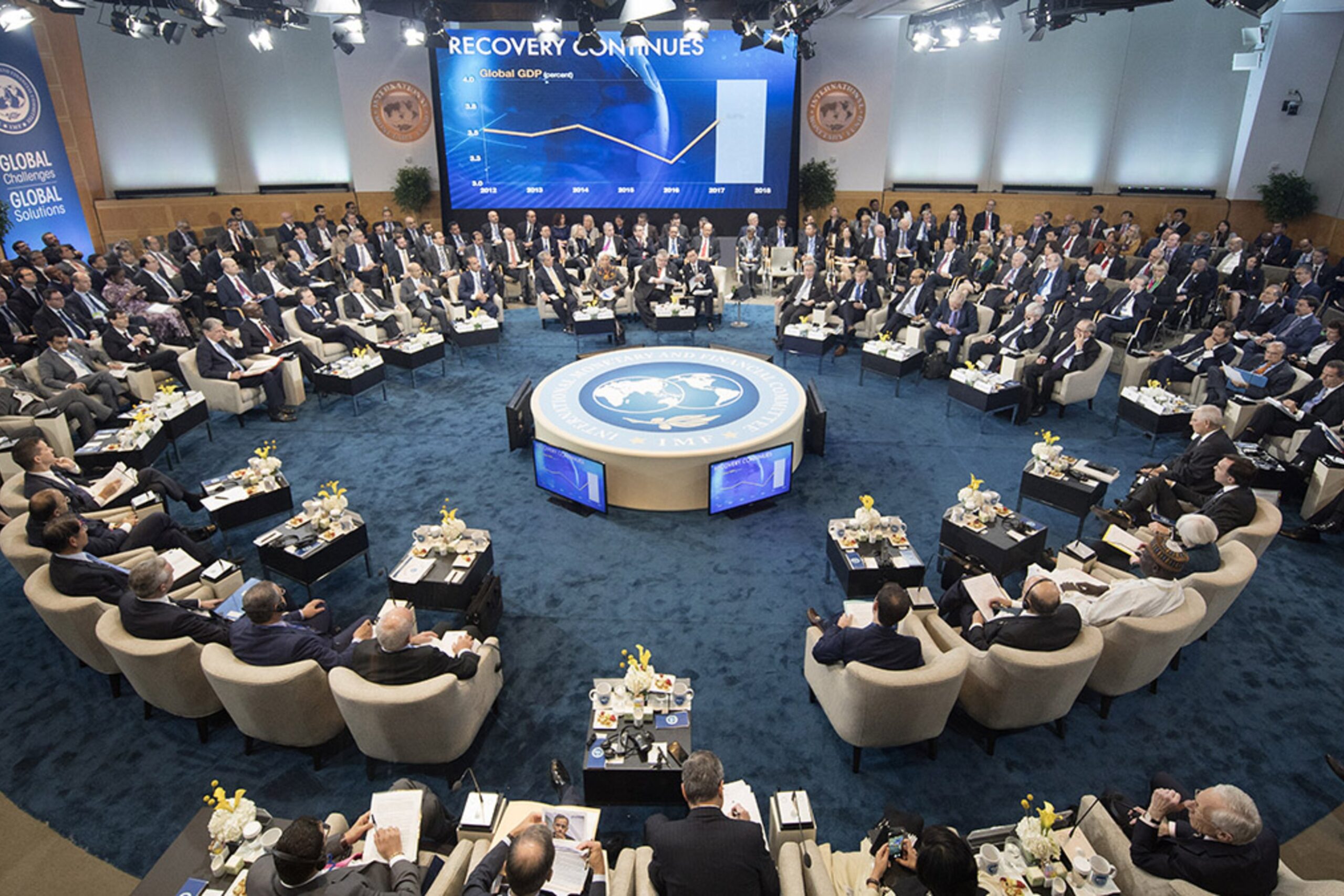Economy risks fast-track re-dollarisation
Zimbabwe’s economy is at risk of fast-track full re-dollarisation given authorities’ continued tight monetary stance which has largely squeezed out local currency, analysts have warned.
Several companies and service providers are now preferring to transact in US dollar terms in order to protect their balance sheets.
Even the Government is increasingly using US dollars for their own payments with civil servants earning bulk of their salaries in foreign currency.
Some retail companies whose models relied on credit have since abandoned them, preferring cash sales and US dollar credit sales.
Imara Capital Zimbabwe in its Zimbabwe Investment notes, said ironically the authorities’ clampdown on ZWL payments created such a squeeze that it has had the unintended consequence of driving dollarisation at a faster pace.
“We have spent the past weeks speaking with many executives from both the private and the listed space.
“Two large food manufacturers we met have seen their US dollar revenues rise from around 35 percent of sales earlier in 2022 to over 70 percent since August 2022.
“Furthermore, the formal retailers have found it difficult to pay them so product has been directed to the US dollar cash economy and hence physical cash intake has risen,” it said.
The Reserve Bank of Zimbabwe (RBZ) has vowed to maintain a tight liquidity management framework, supported by the introduction of gold coins that are reported to have mopped up excess ZWL liquidity in the market.
The RBZ also introduced minimum lending rates of 200 percent and 100 percent for corporates and individuals respectively, a move that curtailed credit expansion and consequently growth in money supply, bringing some stability and reducing margins between black market and the official rate
Other measures include Government decision to suspend payments to contractors, government agencies and departments which it accused of active participation in the deteriorating exchange rate.
Imara said despite this doom and gloom, companies have been remarkably upbeat as their revenues in US dollars compensate for any slowdown in ZWL.
Economist, Eddie Cross, told Business Weekly that trying to control the parallel market rate (PMR) by restricting the availability of the Zimbabwe dollar is largely self-defeating if it is managed by holding back legitimate payments.
“Controlling printing of the local currency is another matter. It could force dollarisation,” he said.
He noted that it is not in the interests of the productive sectors of the economy to dollarise.
Economics professor, Gift Mgano, said the high interest rates of 200 percent are a thorn in the flesh of many businesses because to pay back loans at 200 percent you are paying three times the principal amount.
“There is no business that makes such margins, which can guarantee that kind of return which will give a business the capacity to pay back,” he said.
He indicated that businesses have already taken positions to convert their ZWL loans into US dollar loans and that means the economy has moved into full dollarisation.
“What it does is, we have new risks arising from that such as competitiveness challenges, creation of artificial US dollars because when these loans are restructured into US dollar loans and new notes are given out, banks are charging interest rates and bank charges,” he said.
Prof Mugano said the increased use of US dollars will continue to depress demand because when you are dollarised, demand goes down, imports go up because of lack of competitiveness and the economy will have a widening balance of payment.
Investment analyst, Rufaro Hozheri, said the policy rate at 200 percent will do more harm than good as it just completely eliminates the option of borrowing in local currency for economic agents, and subsequently leads to constrained aggregate demand.
“If interest rates continue to be this high, I fear more businesses will shift to the US dollar and the ZWL will lose relevance. Innovative Open Market Operations like Gold Coins can achieve the intended results if done at a bigger scale,” he said.
Hozheri noted that full dollarisation is not the best solution, indicating that local currency is needed, even if that 10 percent of transactions are concluded in local currency.
“We should never let it collapse like we did in 2009. The hard currency gives us stability, which is more of what we need right now, but in the long run, having our own currency helps to influence economic activity,” he said.
He added that the mixed currency scenario we are currently having is the best bet, whilst working on strengthening local currency and making it less volatile.
IH securities in its recent analysis report said it expects that with increased dollarisation in the economy, there is steady uptick in foreign currency sales going into the company’s coffers.
It said the retail space has been getting more competitive with increased market entrants in both the formal and informal channels.
Enock Rukarwa, another investment analyst said the contractionary stance by the Government if successful should ensure lengthened existence of the local currency emanating from stability in the market.
He said full dollarisation of the economy is not desirable for the country considering the balance of payment position, capacity utilisation levels and mixed nature of our economic setup.
“More so, it weakens monetary policy sovereignty and efficient regulation and support of the financial services sector,” he said.-ebusinessweekly








